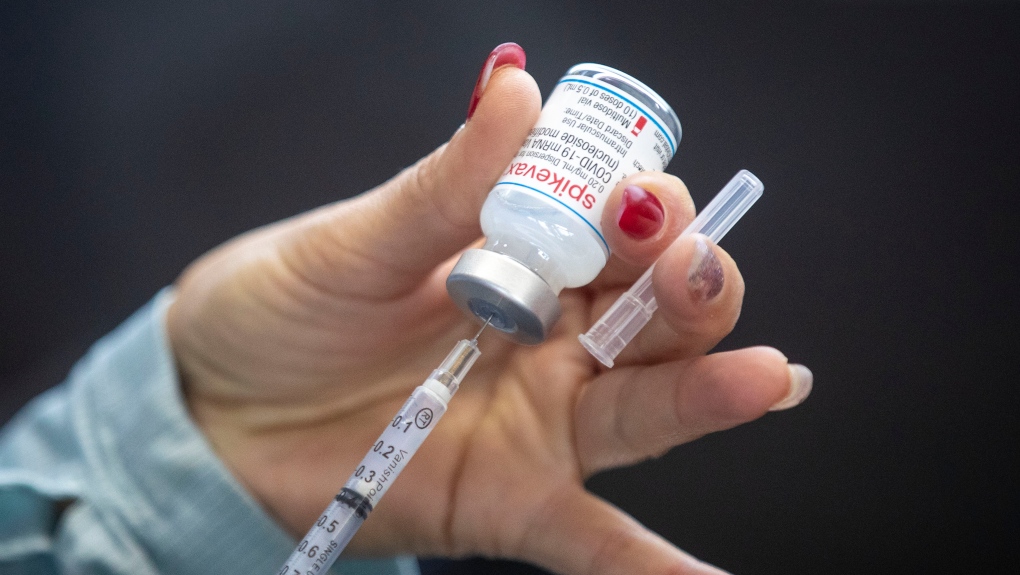Early Findings Suggest Potential Lower Contagiousness and Manageable Immune Response.
A new variant of SARS-CoV-2, known as BA.2.86, first detected in Denmark and Israel in late August 2023, has been causing concerns globally due to multiple genetic differences from previous versions of the virus. While its arrival in several countries, including the United States, has sparked fears, preliminary lab tests conducted by US scientists offer a glimmer of hope, suggesting that the variant may be less contagious and less immune-evasive than initially feared.
BA.2.86 carries a set of genetic variations that have raised concerns about its potential impact on transmissibility and vaccine effectiveness. However, early laboratory experiments conducted by two teams of US scientists have provided some reassuring insights.
The initial findings of these tests indicated that antibodies from both vaccinated individuals and those previously infected with Covid-19 can neutralize the BA.2.86 variant in vitro. While the neutralization levels were lower compared to other variants, this suggests that immunity from previous infections and vaccinations might still provide some defense against the new variant.

It is important to note that these lab results are preliminary and do not necessarily reflect real-world conditions. Factors like viral load, duration of exposure, and host immunity in actual human cases can significantly influence outcomes. Therefore, the scientists conducting the tests emphasized the need for more comprehensive data and further studies to confirm these findings and assess the variant’s actual impact on public health.
The US Centers for Disease Control and Prevention (CDC) has categorized BA.2.86 as a “variant of interest.” This classification implies that the variant possesses genetic changes that may affect its characteristics but does not provide enough evidence to warrant heightened concern. The CDC is closely monitoring the variant and conducting ongoing investigations to gain a better understanding of its behavior and potential risks.
While these early lab tests offer a glimmer of hope regarding the BA.2.86 variant, the situation remains dynamic, and vigilance is crucial. Continued research and data collection will provide a more accurate picture of the variant’s impact and guide public health responses accordingly.
As the scientific community continues to investigate this variant, staying informed and following public health guidelines remain crucial in managing the ongoing Covid-19 pandemic.
Resources:
3.https://www.cdc.gov/respiratory-viruses/whats-new/covid-19-variant.html
4.https://edition.cnn.com/2023/09/05/health/covid-precautions-jill-biden-tests-positive-wellness